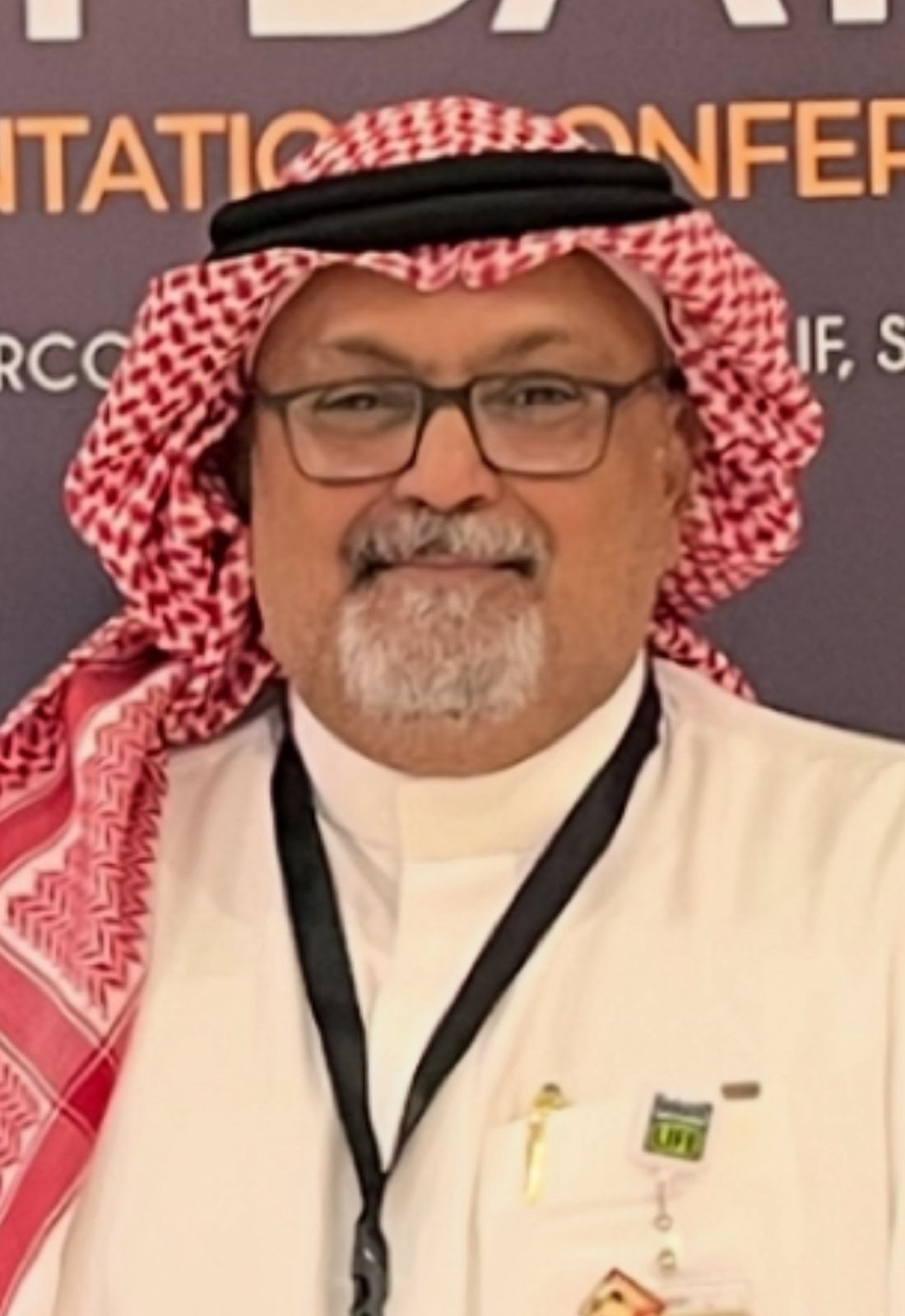
Yaser Kattoah – Professional Biography
Yaser Kattoah currently serves as the Administrative Kidney Transplant Coordinator in the Department of Nephrology at the Armed Forces Hospital in Taif, Saudi Arabia. Prior to this role, he spent over 12 years as an Administrative Organ Transplant Coordinator at King Faisal Specialist Hospital and Research Centre (KFSHRC) in Jeddah.
He began his career in the healthcare sector at the Saudi German Hospital in Jeddah, where he served in an administrative role for seven years, gaining significant experience in hospital operations and patient services.
Yaser earned his Bachelor’s degree in Communication Studies with honors from Robert Morris University in Pittsburgh, Pennsylvania, USA, in 2012. He also received a Diploma in Hospital Management and Healthcare in 1997 from the College of Administration at the Makkah Chamber of Commerce.
In 2007, he was awarded the Transplant Procurement Management Diploma from the Institute for Lifelong Learning – University of Barcelona, Spain, enhancing his expertise in organ transplant coordination.
Yaser has authored more than four scientific research papers addressing the challenges of organ donation and transplantation in Saudi Arabia, offering national-level solutions that have gained widespread recognition. His impactful contributions have earned him memberships in prestigious international organizations, including the Transplantation Society (TTS) and the International Society for Organ Donation and Procurement (ISODP).
In recognition of his accomplishments, Yaser was appointed as a member of the Saudi National Committee for Organ Transplant Coordinators. In 2007, he received a Travel Grant Award from ISODP for his participation in the project “Improving Consent via Patient Support Groups”, which he presented in Philadelphia, USA.
In addition to his professional and academic achievements, Yaser is actively involved in volunteer work through the “X” platform (formerly Twitter), where he provides guidance and emotional support to patients with organ failure. His efforts in raising awareness, connecting patients with care, and offering compassionate advice have earned him appreciation and praise from patients, families, and respected national figures, solidifying his position as a trusted and inspiring advocate for organ donation.
Moreover, Yaser has participated in over 16 international conferences on organ donation and transplantation, serving as an experienced speaker and expert panelist. He is among the few transplant coordinators in the Middle East with such a distinguished record of global engagement and scientific contribution. His presence at these events underscores his leadership and deep commitment to advancing ethical practices and public awareness in the field of organ transplantation.
Yaser continues to work on several new research projects aimed at addressing ongoing challenges in the field of organ donation and transplantation within the Kingdom of Saudi Arabia. This comes from his strong belief in the Vision 2030 of the Kingdom of Saudi Arabia, led by the Custodian of the Two Holy Mosques and His Royal Highness the Crown Prince. He is confident that, with God's help and the unwavering support of the government, this vision will be achieved—because the government firmly believes that citizens are the foundation of national development, and that investing in people is the key to building a thriving economy, a vibrant society, and an ambitious nation.
Analysis of the factors affecting the increasing in organ transplant waiting list for patient with organ failure in the Kingdom of Saudi Arabia
Yaser Kattoah1.
1NEPROLOGY, MILITARY HOSPITAL, TAIF, Saudi Arabia
Introduction:
The waiting list for organ transplantation is a lifeline for patients with organ failure worldwide. Despite its critical role, the current system faces inefficiencies, disparities in access, and ethical dilemmas. These challenges highlight the urgent need for innovative strategies to improve patient outcomes, equity, and the effective allocation of donor organs.
Purpose:
This research aims to redefine the organ transplantation waiting list paradigm by proposing novel
methodologies that address existing shortcomings. The focus is on optimizing allocation practices through technology, ensuring equitable distribution, and improving patient outcomes while considering ethical principles like fairness and justice.
Methodology:
A comprehensive literature review identified gaps in current practices, while data from transplant
registries and patient records informed analysis. Proposed solutions were developed using advances in technology, data analytics, and medical science. Collaborative input from transplant professionals, ethicists, and policymakers refined the methodologies to ensure practicality and acceptability.
Results:
Key findings revealed significant limitations in the existing system, including inefficiencies in allocation and disparities in access. Proposed methodologies, such as personalized matching algorithms and enhanced compatibility assessments, prioritized medical urgency, equity, transparency, and change the decision of thus patients who reject the donation from their relatives as conceder for them wrong decision. These approaches improved patient outcomes, reducing waitlist mortality, shortening waiting times, and increasing access to suitable organs. The collaborative process also ensured stakeholder alignment with the recommendations.
Conclusion:
This research has transformative implications for organ transplantation, introducing a paradigm shift that prioritizes patient welfare, equity, and efficiency. By addressing ethical challenges and leveraging technology, the proposed strategies ensure timely and fair access to life-saving procedures. These innovations promise to elevate global transplantation practices, offering renewed hope for patients in need.